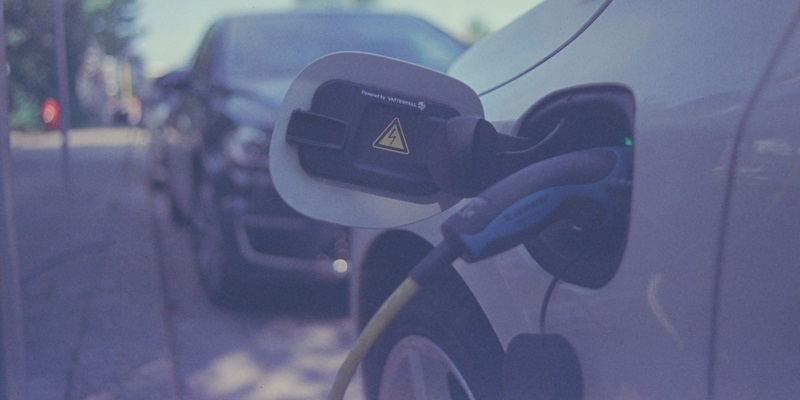Amid an escalating global trend towards electric vehicles (EVs), Nigeria emerges as a player in the eco-friendly arena. The Nigerian startup Egoras Technology is poised to unveil Egostation, a novel blockchain-powered charging network for EVs. This pioneering move marks a significant milestone for the West African nation’s EV landscape and could potentially spearhead a notable shift in regional vehicular preferences. The introduction of Egostation aims to address potential infrastructural challenges associated with the adoption of electric vehicles in Nigeria, enhancing convenience for EV owners and possibly fostering a more sustainable automotive ecosystem. With this strategic initiative, Egoras Technology not only contributes to the greening of Nigerian roads but also demonstrates the country’s innovation capacity in integrating modern technologies like blockchain to bolster its transportation infrastructure.
Spearheading Infrastructure Development
The availability of reliable and convenient charging infrastructure is a fundamental driver of EV adoption. With the inception of Egostation, electric vehicle owners in Nigeria are anticipating a future where access to charging facilities is no longer a barrier. The network, employing cutting-edge Level 3 DC fast-charging technology, promises to deliver an 80% battery charge in just about 20 minutes, allowing EV users to experience a convenience similar to refueling traditional internal combustion engine vehicles.
This swift charging time could be a game-changer, not just for existing EV owners in Nigeria but also for potential buyers sitting on the fence. By reducing the time it takes to recharge a vehicle, the Egostation network addresses one of the major concerns potential adopters have regarding the transition to electric mobility. As the network expands, the convenience it offers could significantly influence car buyers to choose electric vehicles over petrol-powered alternatives.
Incentivizing the Supply Side
The innovative aspect of Egostation is its integration with blockchain technology. By rewarding station owners with $EGAX tokens, Egoras harnesses the potential of cryptocurrency incentives to encourage the expansion of the charging network. This business model promotes entrepreneurship and investment in the EV infrastructure, aligning economic benefits with the broader goal of enhancing environmental sustainability.
As more entrepreneurs are incentivized to establish charging stations, the resultant network effect will amplify the convenience of owning an EV in Nigeria. This expansion is pivotal not only for metropolitan areas but also for more rural regions where charging stations are notably scarce. By adopting a decentralized approach, Egoras Technology may effectively democratize energy distribution for electric vehicles and create a more robust and resilient charging infrastructure.
Accelerating National EV Adoption
If successfully deployed, the Egostation could serve as a catalyst for accelerating Nigeria’s transition to electric mobility. The initiative intersects at the convergence of technological innovation and sustainability, providing a blueprint for other nations in Africa and beyond. With ambitions extending to the APEX 28, a domestically manufactured electric vehicle, Egoras is showcasing Nigeria’s proactive position in the global EV arena.
By focusing on the broader implications of a well-established charging infrastructure, Egostation may very well shift public opinion and stimulate consumer demand for electric vehicles. As consumers become more confident in the availability and reliability of charging options, along with governmental support and advancements in EV technology, Nigeria could witness a significant uptake in electric vehicle adoption, marking a concrete step in the journey toward a more sustainable future.

